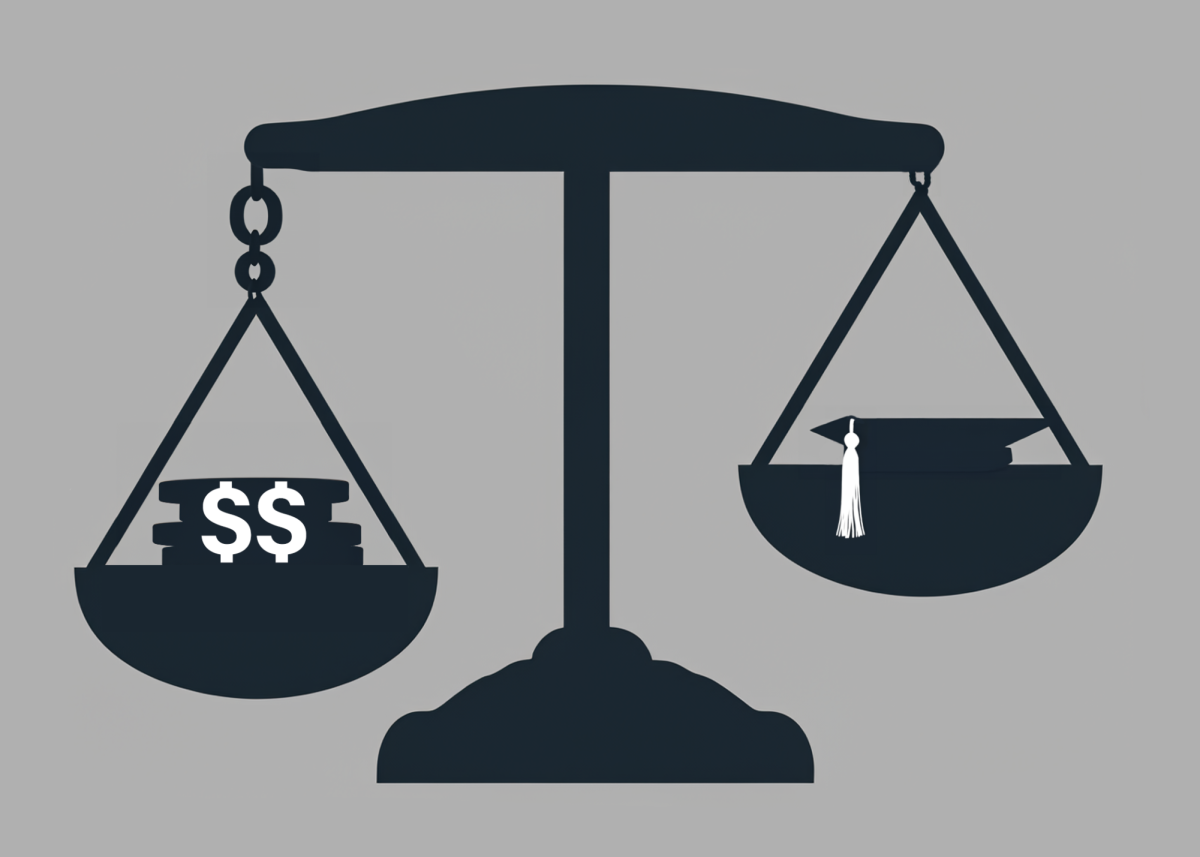By Aakash Jain ’14
THE ROUNDUP
Less technology and earlier bedtimes can have a greater impact on teens’ wellbeing than one would expect.
The connection between teen sleep and technology use has been extensively reported by various science publications and media outlets.
For example, the Journal of Pediatric Psychology published an article last year that claimed that an excess of technology—televisions, phones, computers and video games—can cause anxiety and sleep loss among teens.
According to the researchers who authored the paper, having these devices in their bedrooms can lead teens to subconsciously see the room as a place of entertainment rather than a place of rest.
Moreover, at a more apparent level, the study reports that many teens often lose several hours of sleep each night because of the ringing or vibrating of their phones due to a constant barrage of text messages, emails and Facebook messages.
Even losing one hour of sleep a night can directly hurt a student’s performance in school by impeding memory and concentration.
Based on these facts, it can be argued that the joining of technology and sleep should be avoided at all costs, especially in the case of teens.
While this advice looks good on paper, it is undeniably difficult to follow in practice.
I myself am guilty of usually sleeping with my phone at my bedside, which inevitably often disturbs my sleep with messages and may potentially even result in the psychological effects found in the Journal of Pediatric Psychology study.
Other studies have shown that going to sleep just an hour earlier can contribute to a teen’s health and overall wellbeing to an extent far greater than one would normally think.
For example, a study involving mainly adolescents found that people who go to bed one hour earlier than usual get 73 minutes more sleep, a little more than the expected 60.
Researchers claim that this is because sleeping earlier leads to a more restful night of sleep because earlier bedtimes are more in tune with humans’ natural circadian rhythm.
Moreover, sleeping habits that encourage an earlier bedtime also have been shown to lead to more productive sleep.
In other words, scientific studies have shown that teens wake up more rested and more ready for school when they sleep earlier, even if they sleep the same amount of time they would have otherwise.
Despite its challenging implications, the science is undisputable—not only should teens seek earlier bedtimes to get more restful sleep, but they should also eschew technology in their bedrooms to avoid schooltime drowsiness.























